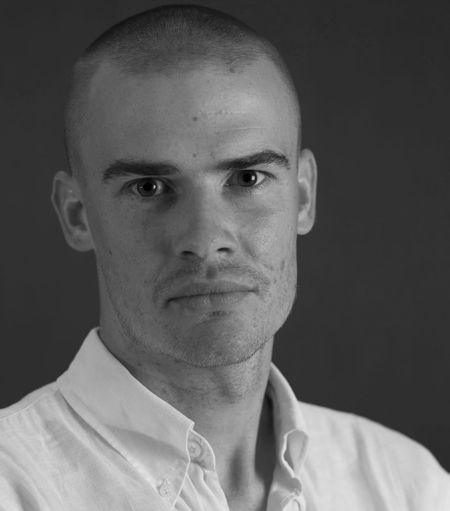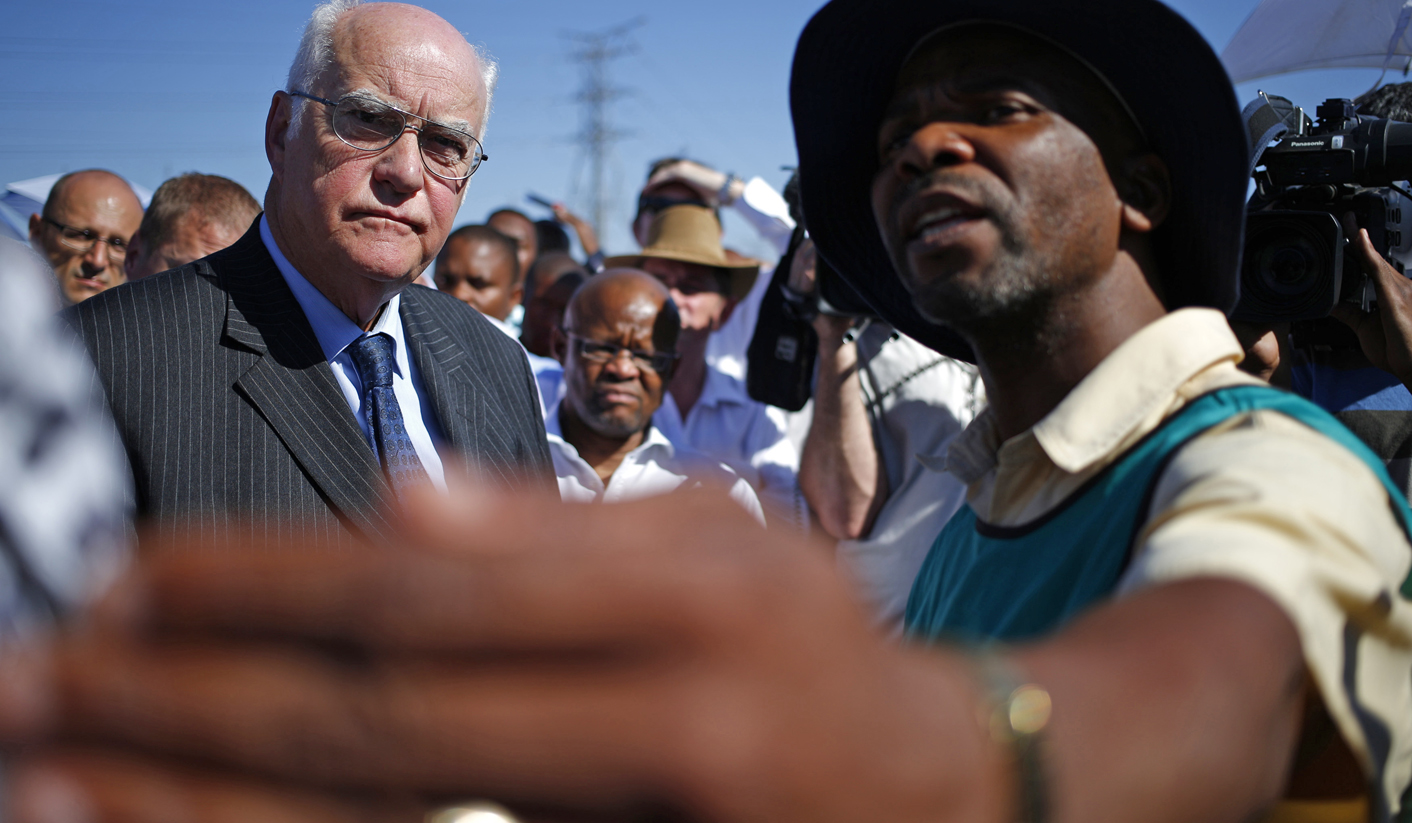Update: Justice Minister Jeff Radebe flipped his department’s policy on its head on Monday morning, announcing in a radio interview that the families would be “enabled” to attend the commission. His comments follow universal condemnation of the department’s halting of funding in Monday’s press. Lawyers for the families argued in the commission on Monday morning that proceeding without the victims families present would severely compromise the aims of the inquiry. They then adjourned early to enter into discussions with officials.
Radebe said regulations allowing the families to attend would be reviewed but didn’t say whether the justice department would be receiving financial support from treasury. His decision is to be welcomed, but it shows the original stance - outlined in the original story below - was a poorly thought-out move made without considering its consequences. The families of the victims will now get the support they need, but as the Department of Justice continues to sacrifice them as pawns in a larger political picture, one wonders whether their hopes of reconciliation aren’t already dashed.
The families of the victims of those killed in Marikana will have to foot their own bills from now on if they want to continue to attend Farlam Commission hearings, the Department of Justice announced. “There is no legal basis on which the attendance of the family members or representatives can be sustained on state expense,” said spokesman Mthunzi Mhaga in a statement.
The department paid for family members to attend the hearings after the commission was postponed because they were unable to travel from other provinces to Rustenburg. Worries soon emerged about the impact it would have on the commission’s beleaguered finances. “The attendance of the first session of the commission was mainly based on humanitarian basis as it is important that they understand the primary purpose of the inquiry,” explained the department’s apparent turnaround.
Groups working with the families have slammed the withdrawal of funding. The Socio-Economic Rights Institute of South Africa (Seri), representing families of 25 of the miners killed on 16 August, said it was “shocked and appalled”.
“The decision was taken without prior notice or consultation. Our clients are distraught. They want to know the truth about what happened to their loved ones on 16 August. They want the opportunity to see the evidence unfold. They particularly want to see and hear for themselves what the police have to say about their conduct on 16 August. Our clients also want to hear the eyewitness accounts of those who were with their loved ones when they died.”
Jackie Dugard, Seri’s director, said the families the organisation had spoken to had not been informed of the decision. She said they reacted with disbelief when told. “Many are now at their wits end because it’s been such an emotional rollercoaster.” Families were initially not even informed there was going to be a commission, she said, and when they were eventually invited they were frustrated when told only one family member could come. Now, they’re being told it’s time to go home or pay their own way.
Asked whether there are legal grounds for funding the families, Dugard said, “I suppose it depends on what your interpretation of the goals of the commission are.
“We would say a legitimate expectation has been created. The department said they would host the families. They said the families would be put at the centre of the process. We would say there is a legitimate expectation that could be challenged,” Seri said in a statement. It will challenge the decision Monday morning.
Kathleen Hardy from the Centre for Applied Legal Studies, representing the SA Human Rights Commission, said she is concerned the decision will compromise the commission “because a massive part of it has been focused on the deceased victims and their families”. The commission could be delayed as representatives of the families challenge the funding decision.
“It’s important that a balance is struck between having the commission proceed and do its investigation and come to its findings in a reasonable time. But the families are an important part of it and it cannot proceed without them,” said Hardy.
Nomarussia Bonase of Khulumani Support Group, for survivors of Apartheid-era human rights abuses, has been working with some of the families and said the decision is another example of a department of justice that “won’t open its ears”. The aim of the commission is supposed to be like the Truth and Reconciliation Commission. “The families of the victims are supposed to be there and also come up with their own suggestions, not only their lawyers on their behalf. They are there to speak out on what it is they need and what the commission should do.”
Few of those Daily Maverick spoke to were aware whether families would be able to attend Monday’s hearings, but they refuted the department’s claims that they would rather not attend. Advocate Skosana, speaking on SABC 1 for the department on Sunday, suggested family members did not want to attend and would rather have been paid the money it cost to host them. Seri called his comments “grossly misleading” and said, “In the first place, our clients deny that they have ever informed the Department of Justice that they did not wish to intend the Commission’s hearings. They very much wish to do so. They are deeply upset that the Department has, at the 11th hour, decided that they will not be assisted to attend the Commission's hearings when it reconvenes on 29 October.”
The animosity doesn’t bode well for the Farlam Commission. Already, it’s struggling to meet its tight timeframe and will now be delayed with the matter and possible litigation. But more importantly, the decision to save on costs might sacrifice any hope of reconciliation for victims’ families. With the police arresting and intimidating the Marikana miners and activists, and now with this impossible-to-justify decision, the commission's job is in a genuine danger of losing integrity. DM
Photo: Police investigators show retired judge Ian Farlam (L) where bodies were found during a site inspection by the judicial commission of inquiry into the shootings at Lonmin's Marikana mine October 1, 2012. REUTERS/Mike Hutchings





